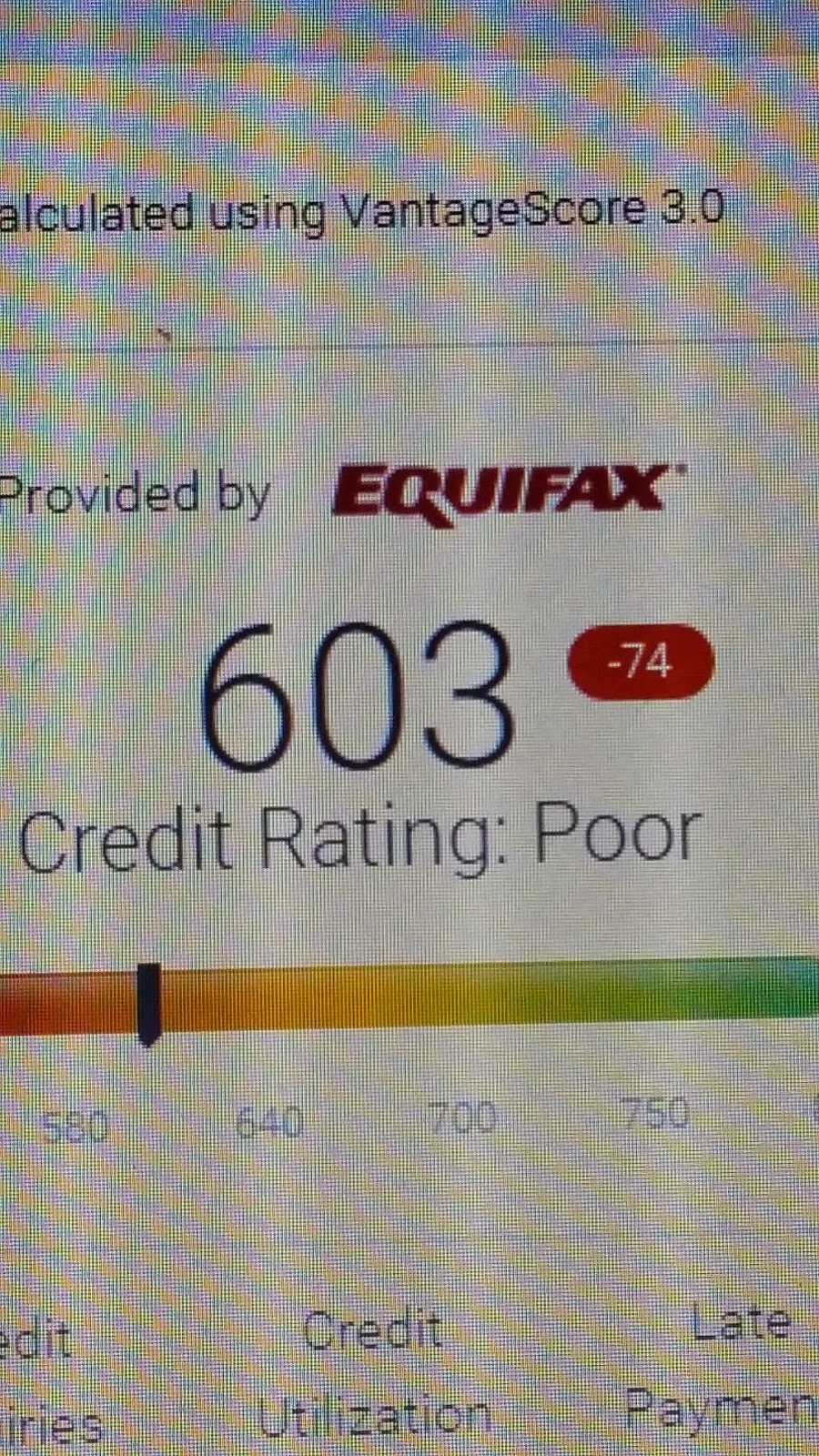There is nothing more irritating than increasing your credit score and then seeing it drop significantly months later. When this happens, you review your report thoroughly to see if there are any new negative items reporting, only to find that a rather old item has all of a sudden started to report again!
Yes, this is legal, as long as it is within the federal reporting time frame they can report whenever they like; reporting activity to the credit bureaus, is after all, a form of collection activity.
Your reporting date is simply the date that the creditor reported information to the credit bureaus about your credit-relationship with them. If they are updating every month your credit score will not be adversely affected as much as indicated above.
FICO/Vantage and any other scoring model will factor the negative item based on the type and the age. So, the scoring system will recognize the item; if its old it won't affect your score much, if it's new it will, but as it ages it will have a lower and lower affect on your score. By a creditor reporting the debt on a monthly basis, FICO will continue to view the item as a new account and it will prevent your score from climbing as much as it could. You can still achieve a decent credit score; but it will not increase as much with the negative account updating on a regular/monthly basis.
The good thing is that whether they continue to update it or not; the bureaus will still delete it based on the Date of First Delinquency (the date you became late on the account and never brought it current again) no matter how regularly the creditor reports it on your credit; similarly, your state's statute of limitations will remain unaffected as well.
The good thing is that whether they continue to update it or not; the bureaus will still delete it based on the Date of First Delinquency (the date you became late on the account and never brought it current again) no matter how regularly the creditor reports it on your credit; similarly, your state's statute of limitations will remain unaffected as well.
But, what happens when an older item; say 5yrs old, all of a sudden starts reporting again? Exactly what the picture depicts above. The scoring system will recognize it as a brand new negative item and your score will drop immediately. After a while, the system will get over it's initial shock, recognize the age of the negative item and your score will adjust. If the creditor continues to report on a monthly basis, the adjusting can take much longer as again, the scoring system will recognize it as a newer debt and it will negatively affect your score as much as it did when it was originally furnished to your report.
In this client's case, the debt will be deleted in June of 2015; so we're going to let them sit tight. The state's statute of limitations on this debt has passed so they are banking on this drop prompting my client to call them up and make payment arrangements on a debt that is time-barred; slick right? But, it works all the time to those possessing little credit and collection knowledge. But now you know!
If your debt still has a few years left of reporting time; both federal and state; you have a few options:
1. Dispute it
2. Pay them (if collection agency, Validate First!)
3. Settle
4. Wait it out; they usually stop reporting anyway as the debt gets older
5. Keep your other/newer credit items squeaky clean - paying on time, keeping all balances super low. Although negative items factor into 35% of your score (Payment History); 65% of your score (Payment History/Amount Owed) is based on how well you manage the credit you currently have.
Hope this helps!
Let me know if you have any questions!!!
~ Netiva

